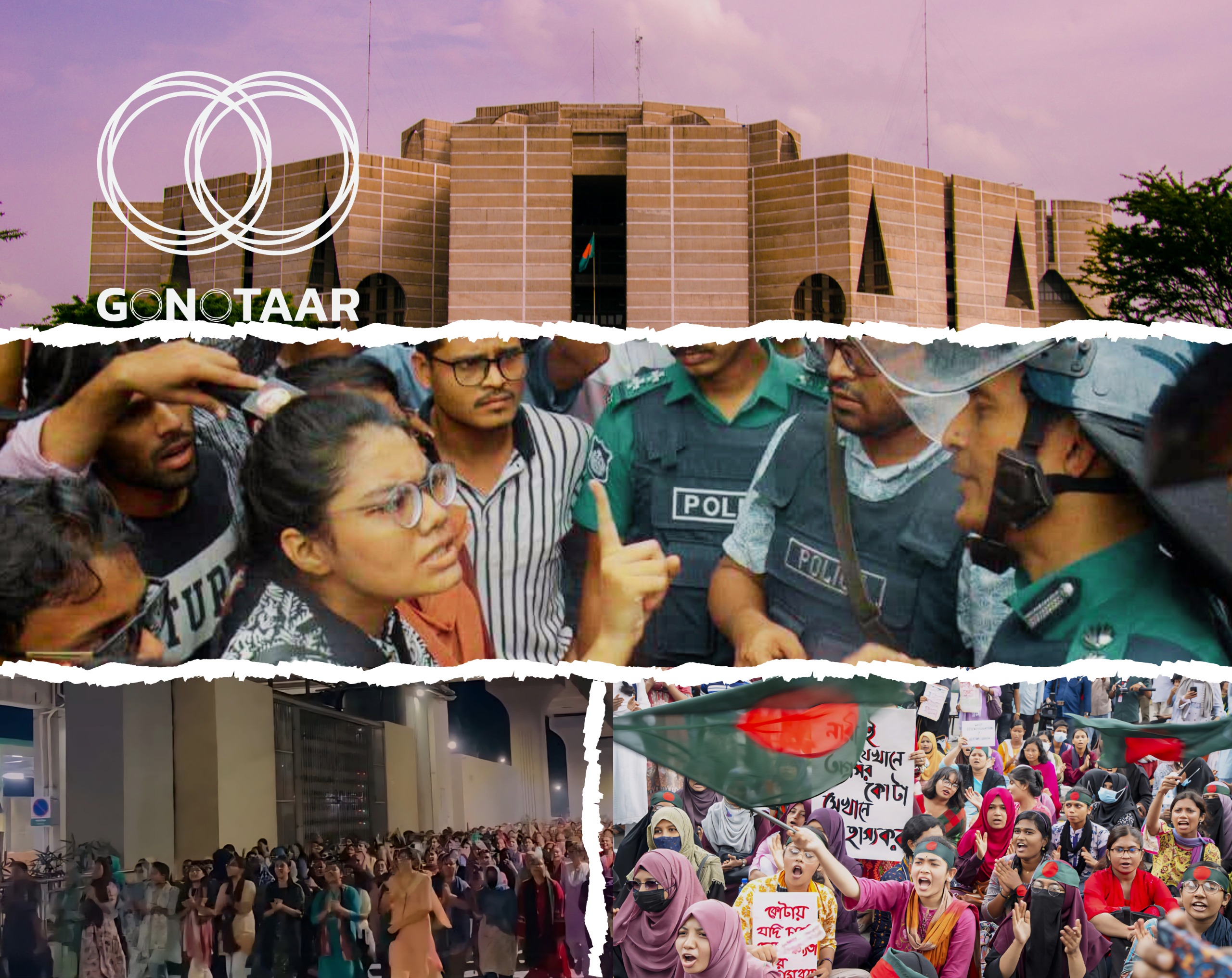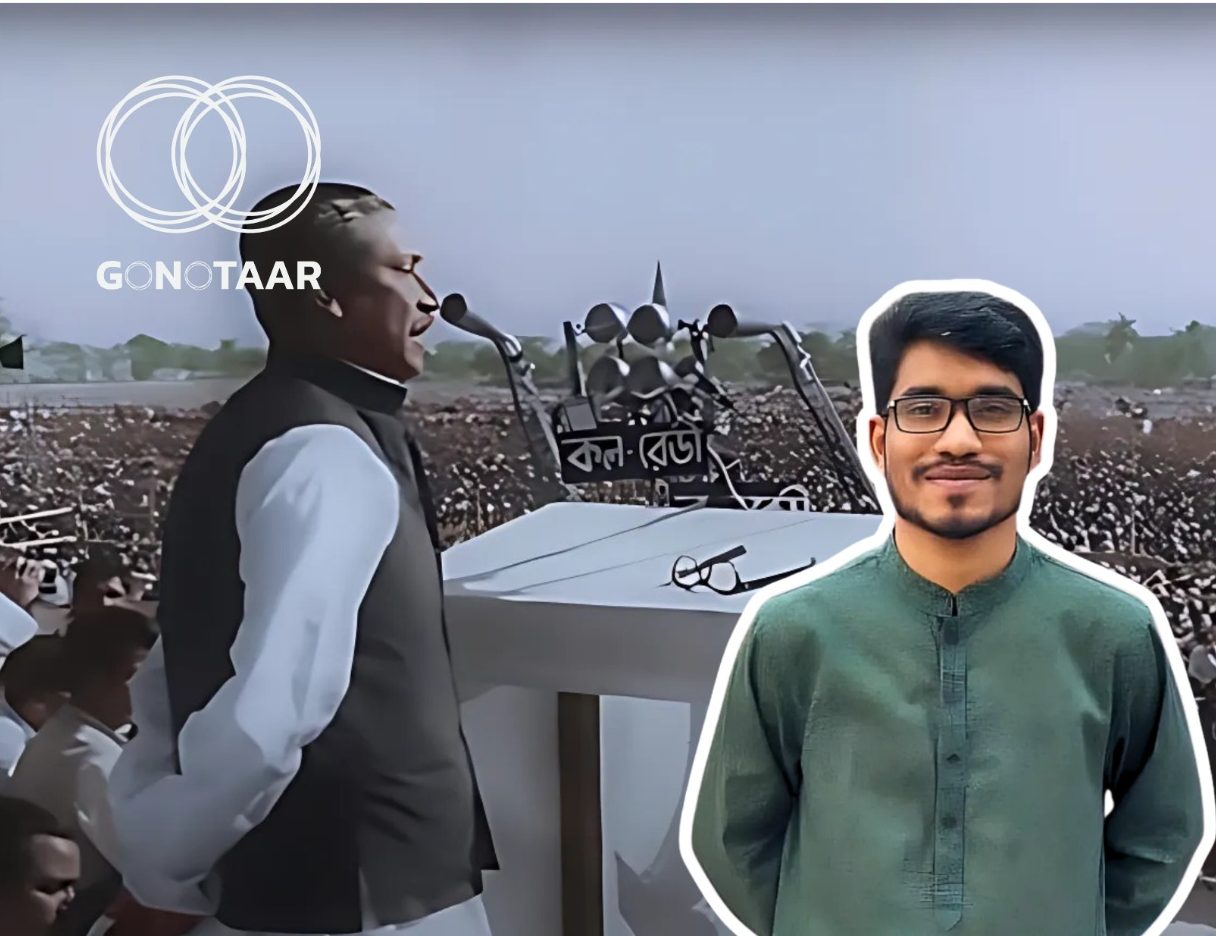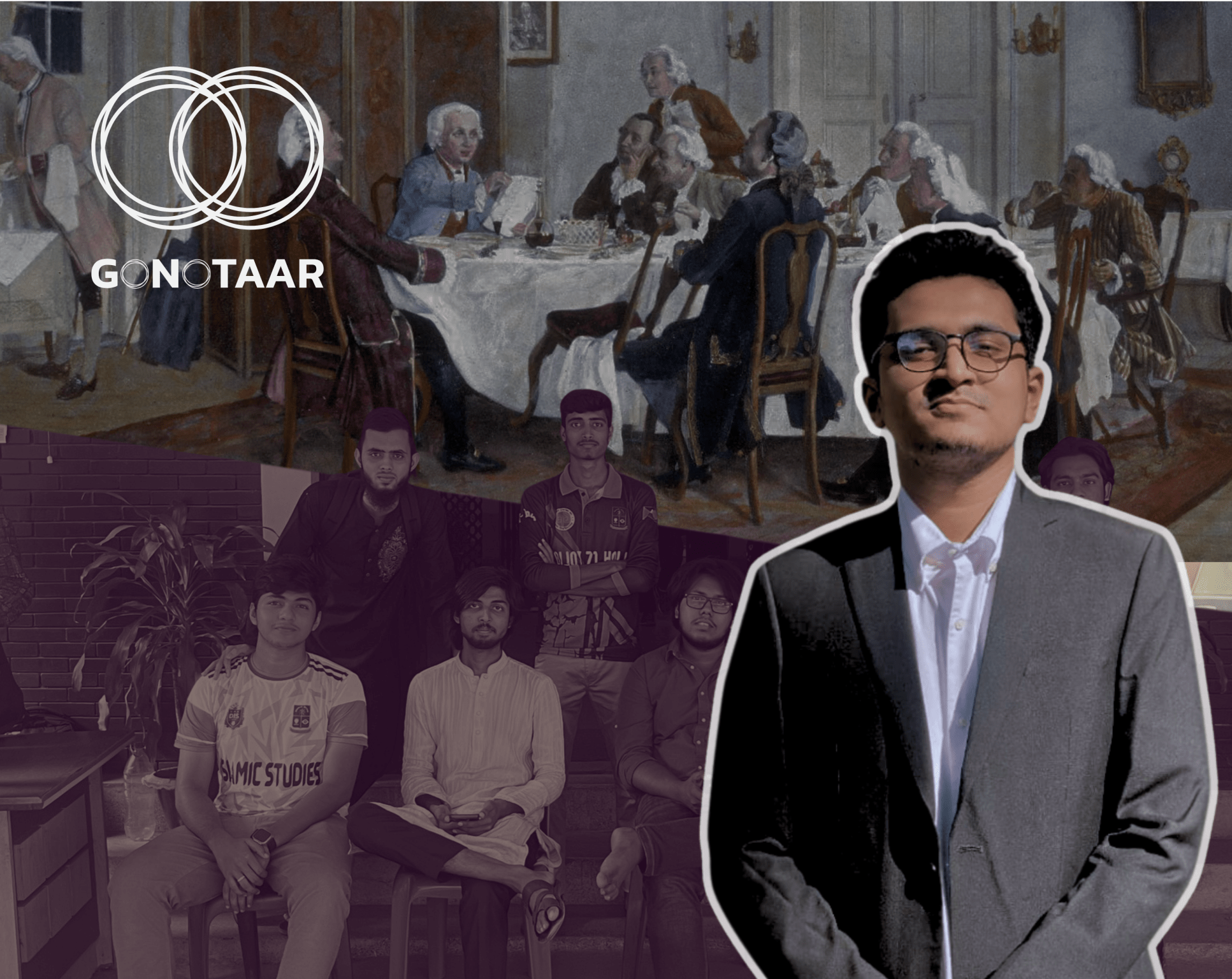By Neela Afroz
Central Joint Secretary, National Youth Force, NCP
In a democracy where over half the voters are women, why are their voices still chosen, not elected?
The National Citizens’ Party firmly demands the introduction of direct elections in reserved parliamentary seats for women. Under the current system, political parties nominate individuals to these seats, depriving the public of the right to vote. We believe that implementing our proposal would mark a transformative shift in empowering women in Bangladeshi politics.
One must ask: Are those opposing direct elections afraid of losing their own seats in a fair contest? Bangladesh’s electorate is 51% women, and it’s illogical to suggest that their representative should not be chosen through direct voting. Those resisting this idea seem to be more afraid of losing control over vote banks than concerned about women’s empowerment.
If elected through public vote, women would not only become legitimate representatives, but also enjoy genuine empowerment, backed by democratic mandate. This would strengthen their political presence and credibility. Contesting elections would sharpen their political skills, deepen their engagement with the masses, and enhance their leadership capacity. Relying on merit rather than party nomination will boost their confidence and social standing. This reform would unlock a crucial pathway for women into Bangladesh’s male-dominated political system.
Some may ask: Does reserving separate seats for women contradict the idea of equal rights? The answer is no—it actually advances equality through equity.
True gender equality lies in ensuring equal opportunity, but in developing countries like Bangladesh, women continue to face structural and cultural barriers in political participation. Reserved seats, then, are not a privilege, but a corrective measure—a tool to create fair opportunity. These special provisions are needed until women have unrestricted access to all political spaces. When that day arrives, separate seats may no longer be necessary—but we’re not there yet.
At the time of the National Citizens’ Party’s founding, 24 qualified women joined based on merit—setting a rare precedent in our political landscape. Compare this with other major parties: one had just one woman among 19 decision-makers, another none. In contrast, our 21-member leadership includes three women—a higher proportion than most. Still, we don’t consider it enough. We’re working to bring more women into leadership, not just to fill numbers, but to share power.
At present, there are 50 reserved seats for women—insufficient considering the total number of seats in parliament. Our demand for 100 reserved seats is based on several rational grounds:
Population Balance: Women make up nearly half of the country’s population; 50 seats don’t reflect that.
Expanding Women’s Leadership: More seats will attract capable, motivated women to join politics.
Reducing Gender Inequality: Greater political participation will help dismantle social biases.
Global Trends: Many countries are increasing women’s representation. Bangladesh should keep pace.




In the post-July context, as political awareness surges among the people, especially youth, failing to identify and empower capable women leaders would be a major setback. That’s why we emphasize the need for public mandate through direct elections.
The current appointment-based system has several key flaws:
Lack of Public Accountability: Since female MPs aren’t elected by the people, they aren’t directly answerable to them.
Excessive Party Dependence: They often cannot speak independently, being beholden to party interests.
Limited Leadership Growth: Without direct elections, many talented women are denied grassroots leadership roles.
Symbolic Representation Only: Nominations are often based on loyalty, not merit. These women may have titles, but lack actual power. This form of representation claims empowerment while practicing exclusion.
We want to dismantle this false empowerment and establish real political power for women.
For true women’s empowerment and effective political inclusion in Bangladesh, direct election in reserved seats is no longer optional—it is essential. It will ensure genuine representation, raise women’s voices in parliament, and move our country closer to gender equity.
Our demand for 100 reserved seats is both logical and grounded in present reality.

We view the moments of ’47, ’71, and ’24 as chapters of liberation. In 1947, women were key contributors to the fight for independence. In 1971, they stood armed on the frontlines. In 2024, it was women who put themselves in the line of fire to protect their male comrades. No liberation movement in our history has succeeded without the participation of women.
Yet today, despite their contributions, women remain under-recognized. This is not only unjust—it’s a national shame. Our fight for direct election is rooted in our commitment to the women of ’47 and ’71. We believe their dreams align with ours. And whatever barriers they couldn’t overcome, we will—with their legacy in our hearts and our aspirations in our hands—ensure true empowerment for women.




